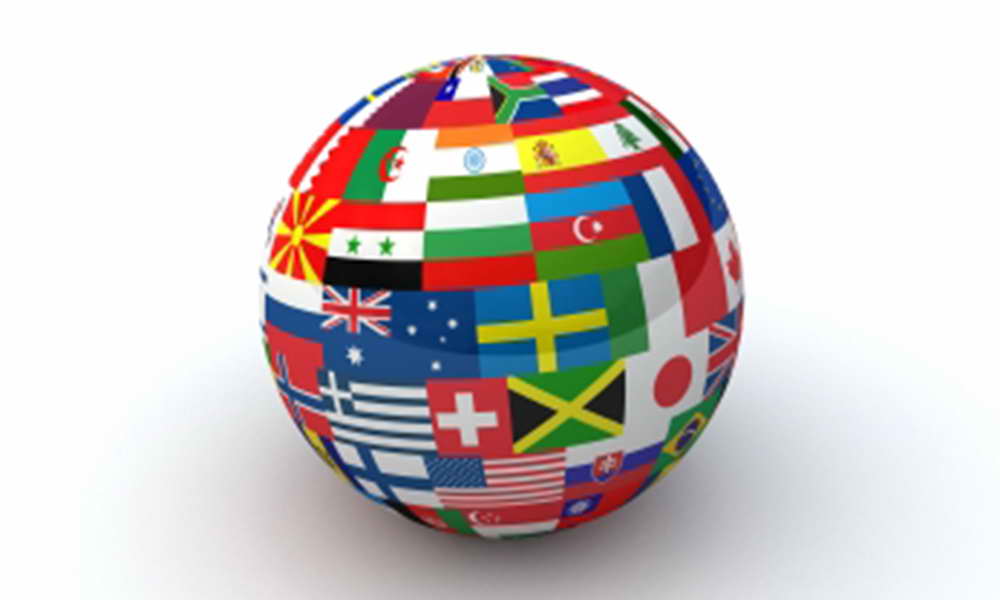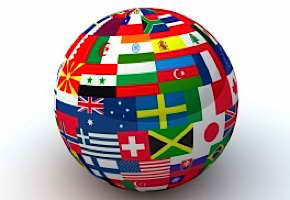May 19, 2010
5/19: Americans Believe Global View of U.S. Is Poor
Two-thirds of American residents — 67% — think people in other countries generally view the U.S. negatively. 27% believe America is viewed positively, and 6% are unsure.
“The idea that the U.S. needs an economic recovery is not earth shattering,” says Dr. Lee M. Miringoff, Director of The Marist College Institute for Public Opinion. “But, these numbers indicate that Americans also believe the U.S. is in need of an image overhaul in the world community.”
When it comes to the nation’s power and influence around the world, 48% of Americans believe it is decreasing. 41% think it is remaining about the same, and just 11% say it is increasing.
Table: Global View of the United States
Table: U.S. Power and Influence
Power Players … One-tenth of U.S. Residents Do Not See U.S. As “Super Power”
Although 78% of Americans believe the United States is one of other super powers around the world, 10% do not think the U.S. is a super power at all. However, 12% view the United States as the world’s only super power.
What about China’s position on the global stage? 85% of Americans believe it is one of other super powers while 12% say it is not a super power at all. 3% report it is the world’s only super power.
On this question, younger Americans are more likely than are older Americans to say that China is one of the world’s super powers. 92% of those 18 to 29 years old think this is true. 87% of those 30 to 44 and the same proportion — 87% — of those 45 to 59 years old as well as 78% of those 60 and older agree. In contrast, older U.S. residents are more likely to report China is not a super power at all. 19% of Americans 60 years of age and older have this view compared with 10% of those 45 to 59, 10% of those 30 to 44, and 6% of those 18 to 29 years old.
Table: Status of U.S. as Super Power
Table: Status of China as Super Power
Friends Across the Pond: Birds of a Feather?
A majority of U.S. residents — 57% — say, when thinking about people who live in England, what we have in common is greater than how we are different. 37% believe the opposite is true, and 6% are unsure.
While a majority of white Americans — 60% — are more likely to focus on our similarities with the English people, a majority of African Americans — 52% — and half of Latinos see our differences as more pronounced.


